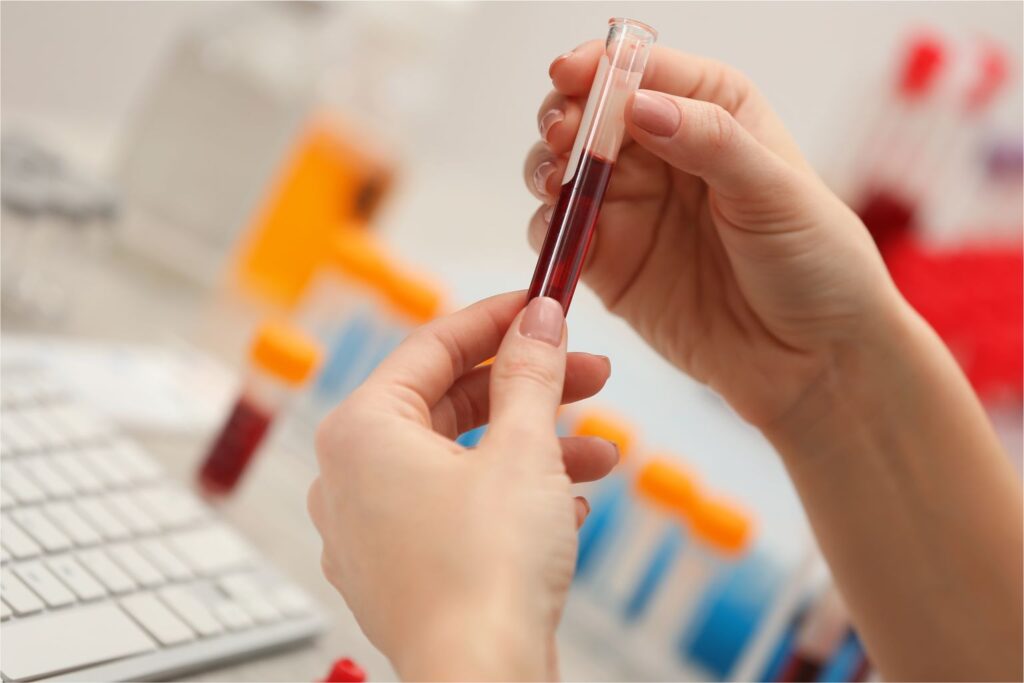
In an attempt to eliminate sickle cell disease (SCD) by 2047, the Indian government is scaling up nationwide screening with low-cost test kits now priced under ₹50, making early detection more accessible to millions.
Under the National Sickle Cell Elimination Programme, the government aims to screen over seven crore people, especially in high-risk tribal and rural regions.
“The initial cost quoted for each test was ₹350,” said Dr Prabhakar Kedar, senior scientist at ICMR-NIIH. “After cost assessments and a competitive procurement process, we reduced it first to ₹82, and now validated new kits are available at less than ₹50 per test.”
Also Read | India’s low birth weight rates fall, yet 4 states hold 47% of cases
The initiative followed a health technology assessment led by ICMR-NIRRH, PGI Chandigarh, and NIIH, which concluded that point-of-care screening would be cost-effective at ₹100 or below. The resulting price drop has saved the programme nearly ₹1,857 crore.
To speed up access, Dr. Kedar and Dr. Naga Muralidhar from CRMCH Chandrapur have approved 35 testing kits, including finger-prick tests, lab tests, and molecular tests, most of which were approved in under a month, ensuring high-quality testing even in remote areas.
“This gives a strong boost to the national mission to eliminate sickle cell disease,” said Dr Kedar.
SCD is one of India’s most widespread genetic blood disorders, with over 20 million carriers and an incidence as high as 1 in every 70 births in some tribal regions across Maharashtra, Madhya Pradesh, Chhattisgarh, Odisha, Gujarat, and others. The disease imposes not just a heavy health burden but also social stigma, as misconceptions about contagion and “curse” beliefs persist.








